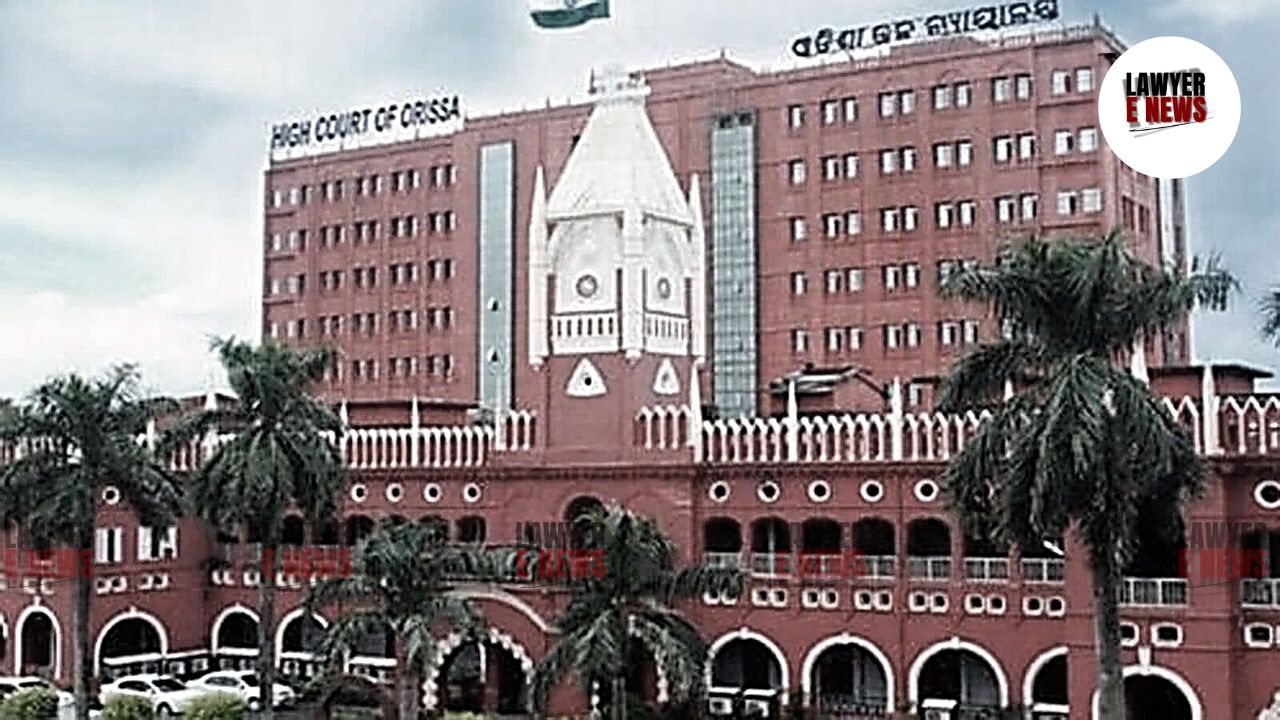-
by sayum
14 February 2026 2:22 PM



Orissa High Court Permits Further Cross-Examination to Ensure Fair Trial In a significant ruling, the Orissa High Court has granted the application for recording additional evidence in a case involving serious charges of abduction and a death sentence. The judgment, delivered by Justices S.K. Sahoo and R.K. Pattanaik on May 3, 2024, underscores the importance of a fair trial and the accused’s right to confront witness statements. The court invoked Section 391 of the Code of Criminal Procedure (Cr.P.C.) to allow further cross-examination of the key witness, P.W.1 Melita Sabar, emphasizing procedural fairness and justice.
The case involves the appellants Dengun Sabar and others, who were convicted and sentenced to death by the trial court in C.T. Case No. 07 of 2017 for abduction under Sections 364 and 365 of the Indian Penal Code (IPC). The appellants filed an appeal against the conviction, leading to a series of legal proceedings, including remands and additional charges. The central issue in this appeal was whether additional evidence should be recorded under Section 391 of Cr.P.C. to ensure a fair trial.
The High Court allowed the additional cross-examination of P.W.1 Melita Sabar based on alleged contradictions in her statements before different courts. Justice Sahoo noted, “The use of previous statements for contradiction is permissible under Section 145 of the Indian Evidence Act, 1872. Ensuring that the accused have a fair opportunity to confront witness statements is critical for justice.”
The court emphasized the balance between a speedy trial and comprehensive adjudication. “Criminal justice is not one-sided. It has many facets, and the court has to draw a balance between conflicting rights and duties. The right to a speedy trial is valuable, but it should not come at the cost of denying justice or causing a grave miscarriage of justice,” the bench stated.
Invoking Section 391 of Cr.P.C., the court reiterated that this provision is designed to ensure justice by allowing additional evidence when necessary. The court referenced several judgments, including Rambhau v. State of Maharashtra and Ajitsinh Chehuji Rathod v. State of Gujarat, to support its decision. “The power to record additional evidence should be exercised judiciously to avoid any prejudice to the accused while ensuring that justice is served,” Justice Pattanaik observed.
Justice Sahoo remarked, “In the interest of justice, we deem it proper to provide an opportunity to the appellants to put the questions as mentioned in the questionnaire to P.W.1 during further cross-examination. This approach ensures that the defense is not prejudiced due to procedural lapses.”
The Orissa High Court’s decision to allow additional evidence in this high-stakes case underscores its commitment to upholding the principles of fair trial and justice. By permitting further cross-examination of P.W.1 Melita Sabar, the court aims to rectify any procedural irregularities and ensure a just outcome. This ruling highlights the judiciary’s role in balancing the rights of the accused with the need for a thorough and fair adjudication process. The case will continue with further hearings scheduled post submission of the additional evidence, setting a significant precedent for future criminal appeals involving serious charges.
Date of Decision: May 3, 2024
